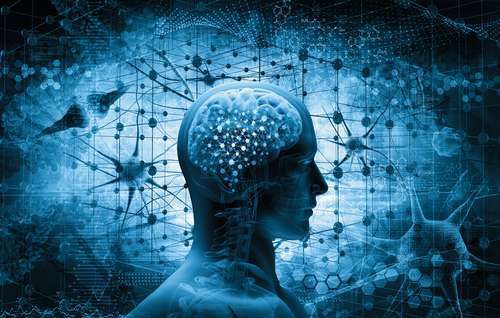All drugs work by altering your brain function in some way and the longer you use, the more your brain changes. For the most part your brain starts healing once you quit. It might take a while to start feeling normal again, and once you’ve struggled with addiction, it will likely remain a problem to guard against, but your brain will eventually get back to normal. Still, different drugs cause different problems and some take longer to recovery from.
One irony of addiction is that people often start using as a form of self-medication only to make the problem worse. They may drink to relieve social anxiety, then later feel mortified by their uninhibited behaviour. Or they may use marijuana to ease the symptoms of schizophrenia and find they actually get worse in the long-term. The drug not only exacerbates the problem they were hoping to fix, but there’s an opportunity cost as well. That is, the time spent self-medicating would have been much better spent in treatment for the original problem. This isn’t brain damage in the sense of traumatic injury, but it is changing the brain in a way you don’t want.
Prolonged use of drugs will often have long-term effects, but exactly what depends on the drug. For example, prolonged use of stimulants can make you anxious and paranoid long after you quit. Opioid addiction creates a deep groove that’s easy to fall back into for a long time, perhaps the rest of your life. Many drugs disrupt your dopamine system so that people sometimes feel emotionally numb for years after quitting.
In terms of brain damage in the the way we typically think of it, inhalants are one of the worst. They basically smother your brain and deprive it of oxygen. This can have permanent effects, particularly on motor coordination.
Alcohol is very bad for your brain too. An intermediate byproduct of alcohol metabolism called acetaldehyde is toxic for neurons. Alcohol is also associated with a number of behaviours and conditions that may damage the brain. Excessive drinking may lead to stroke, for example, especially when paired with cocaine. A recent study found alcohol is the biggest controllable risk factor for early onset dementia. Even patients who quit drinking did not lower their risk of dementia, although they were mostly older patients and younger people might benefit more from sobriety.
Every drug changes your brain in some way. Some of those changes could be called damage. Often the damage will heal, but sometimes you are stuck with the changes. Luckily, brains are very adaptable and can recover from even major challenges.
Castle Craig is one of the most established and respected addiction rehab centres in the UK. Castle Craig provides consulting psychiatrists who diagnose associated mental illnesses like anxiety states, depression, ADD, PTSD, eating disorders, compulsive gambling, and compulsive relationships. For information, call our 24 hour free confidential phone-line: 01721 546 263. From outside the UK please call: +44 808 271 7500 (normal charges apply).



